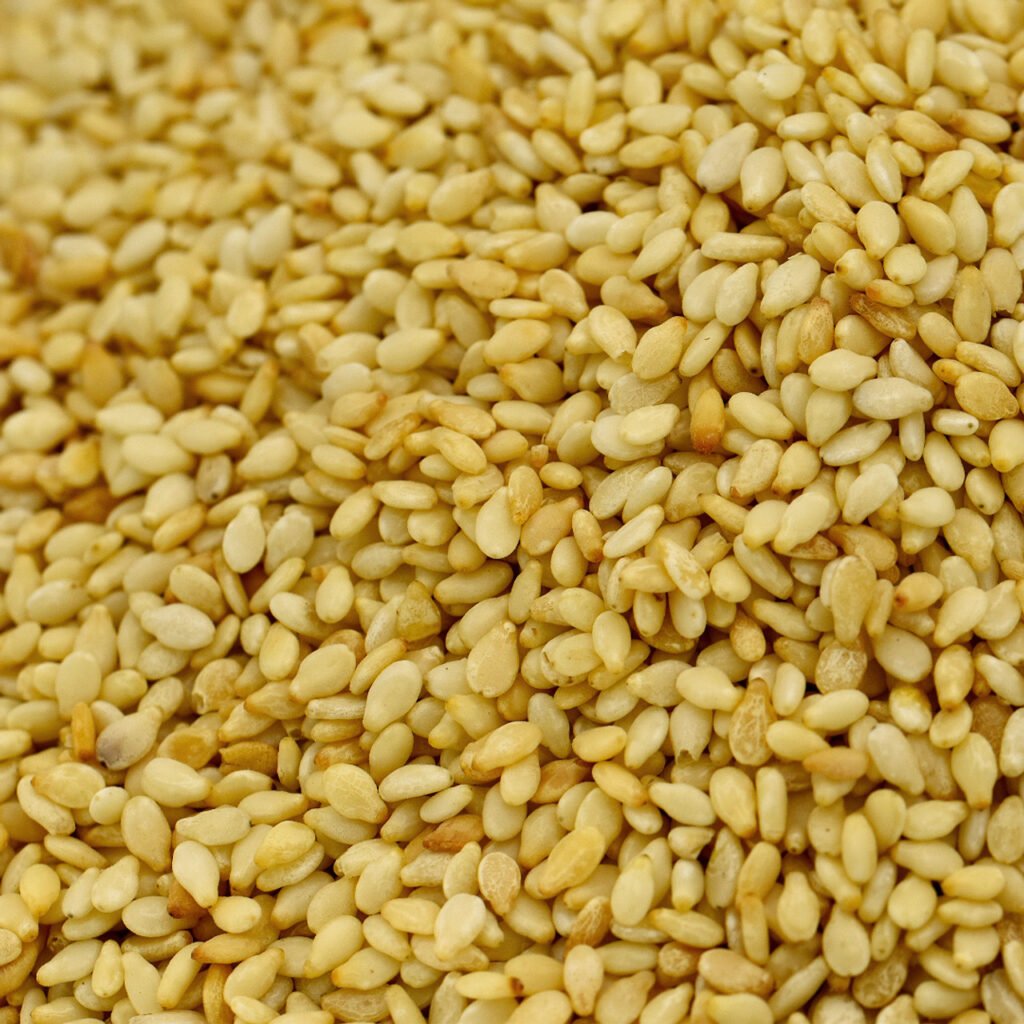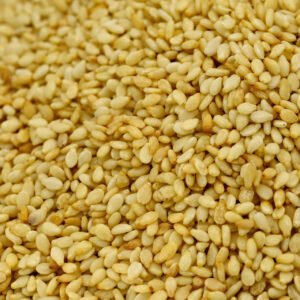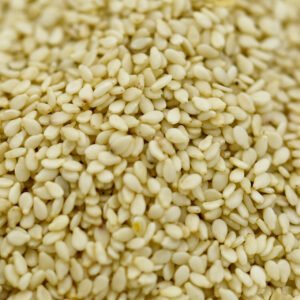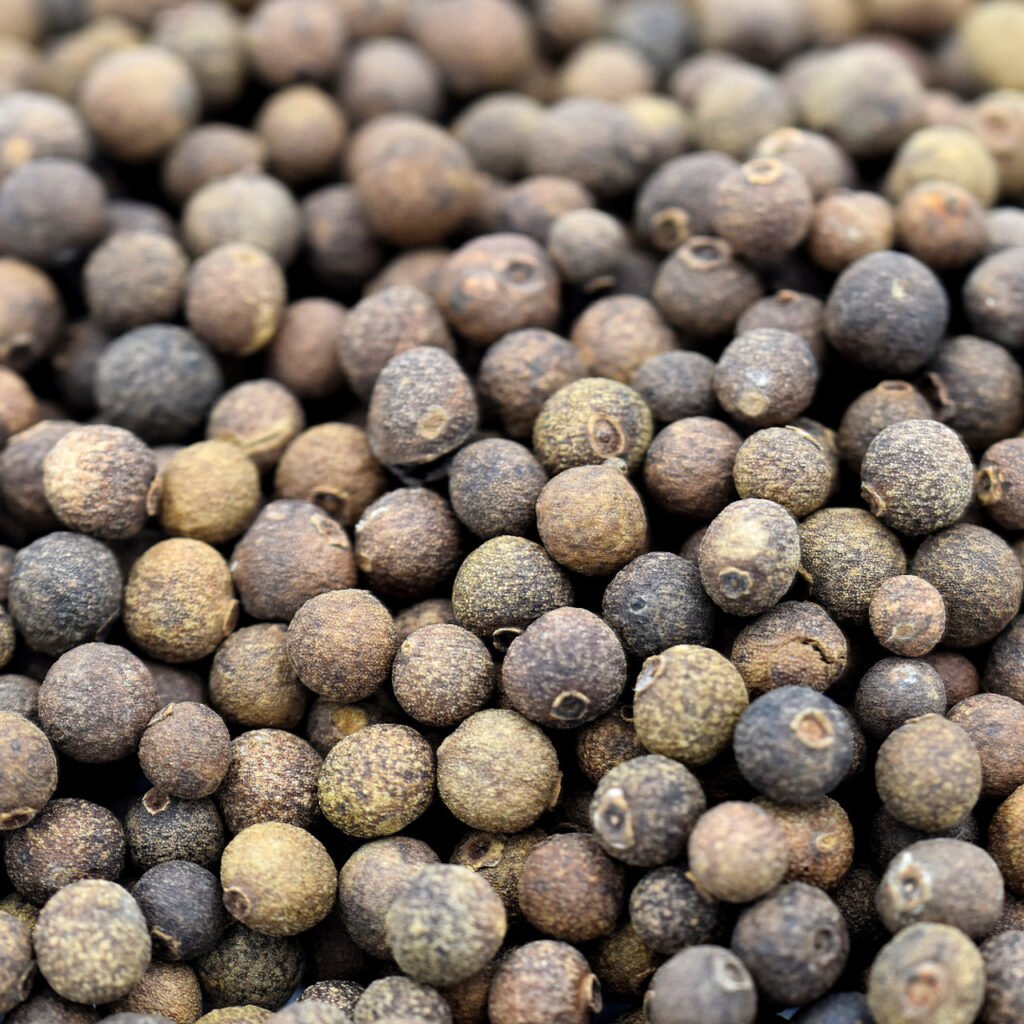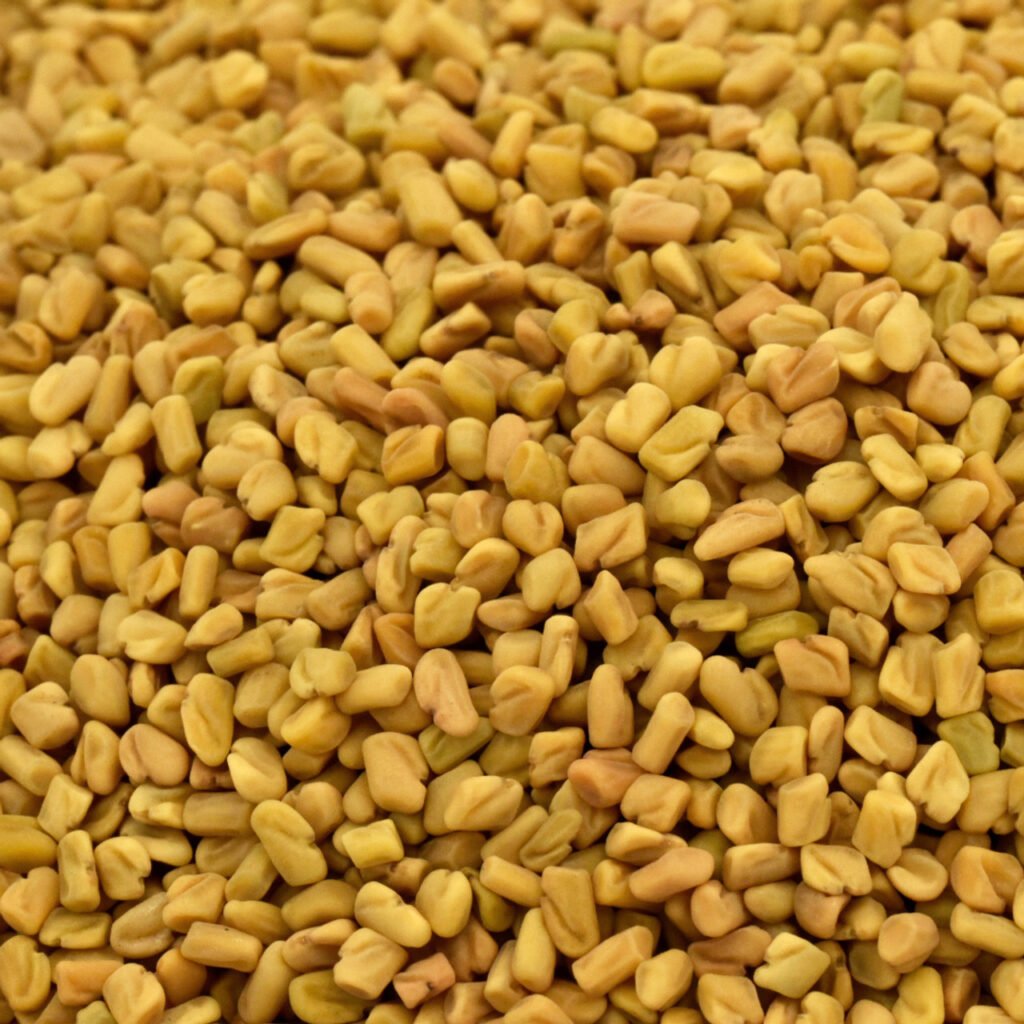Sesame seeds
Sesame seeds have been used for centuries as a culinary and medicinal ingredient, and for good reason. These tiny seeds pack a powerful nutritional punch, containing an array of essential minerals, vitamins, and healthy fats. From promoting heart health to reducing inflammation, there are many benefits of incorporating sesame seeds into your diet. In this article, we’ll explore the top benefits of sesame seeds and how you can easily add them to your meals.
What are sesame seeds?
Sesame seeds are tiny, oil-rich seeds that come from the sesame plant. They are one of the oldest crops known to humans, dating back to ancient times in India and Africa. Sesame seeds come in a variety of colors, including white, black, and brown, and can be used in many different forms, including whole, ground, or as sesame oil.
Nutritional value of sesame seeds
Sesame seeds are a nutritional powerhouse, containing high levels of essential vitamins, minerals, and healthy fats. Just one ounce (28 grams) of sesame seeds contains the following:
- Calories: 161
- Protein: 5 grams
- Fat: 14 grams
- Carbohydrates: 7 grams
- Fiber: 3 grams
- Calcium: 277 mg (28% of the daily value)
- Iron: 4 mg (23% of the daily value)
- Magnesium: 101 mg (25% of the daily value)
- Phosphorus: 179 mg (18% of the daily value)
Sesame seeds also contain trace amounts of zinc, selenium, and vitamin E.
Rich in antioxidants
Sesame seeds are a rich source of antioxidants, which are important for neutralizing harmful free radicals in the body. These free radicals can cause oxidative stress, which is linked to chronic diseases such as cancer, heart disease, and Alzheimer’s disease. The antioxidants in sesame seeds, such as sesamin and sesamolin, can help prevent or reduce oxidative stress and may help protect against these diseases.
Promotes heart health
Sesame seeds are a heart-healthy food, thanks to their high levels of healthy fats and antioxidants. The healthy fats in sesame seeds, such as monounsaturated and polyunsaturated fats, can help lower cholesterol levels and reduce the risk of heart disease. Additionally, the antioxidants in sesame seeds can help protect the heart by reducing inflammation and preventing the formation of plaque in the arteries.
Reduces inflammation
Inflammation is a natural response by the body to protect against injury and infection. However, chronic inflammation is linked to many chronic diseases, including heart disease, diabetes, and arthritis. Sesame seeds contain anti-inflammatory compounds, such as lignans and phytosterols, that can help reduce inflammation and protect against these diseases.
Supports bone health
Sesame seeds are a good source of calcium, magnesium, and phosphorus, all of which are important for maintaining strong bones. Calcium is necessary for building and maintaining strong bones, while magnesium and phosphorus are essential for calcium absorption. Consuming sesame seeds regularly can help support bone health and reduce the risk of osteoporosis.
Boosts immunity
Sesame seeds contain zinc, a mineral that is essential for a healthy immune system. Zinc helps the body produce immune cells that can fight
infections and diseases. Additionally, sesame seeds are also rich in other immune-boosting nutrients, such as vitamin E, copper, and selenium, which can help improve overall immune function.
Helps regulate hormones
Sesame seeds contain lignans, a type of phytoestrogen that can help regulate hormone levels in the body. These compounds can help balance estrogen levels in women, which can reduce the symptoms of menopause and menstrual cramps. Additionally, lignans may also have anti-cancer properties and can help reduce the risk of breast cancer.
May improve blood sugar levels
Sesame seeds may also help regulate blood sugar levels, thanks to their high fiber content and low glycemic index. Fiber slows down the absorption of carbohydrates, which can help prevent blood sugar spikes and dips. Additionally, the magnesium in sesame seeds can also help improve insulin sensitivity, which can further improve blood sugar control.
How to add sesame seeds to your diet
Sesame seeds can be easily incorporated into your diet in many different ways. Here are some ideas:
- Sprinkle sesame seeds on top of salads or roasted vegetables for a crunchy texture and nutty flavor.
- Use sesame oil in stir-fries or marinades for a rich, savory flavor.
- Add sesame seeds to homemade granola or energy bars for a healthy snack.
- Use tahini, a paste made from sesame seeds, as a dip or spread for sandwiches and wraps.
- Make homemade hummus with tahini, chickpeas, and spices for a nutritious snack or appetizer.
Potential side effects
While sesame seeds are generally safe for most people, some individuals may be allergic to them. Symptoms of a sesame seed allergy can include hives, itching, swelling, and difficulty breathing. If you experience any of these symptoms after consuming sesame seeds, seek medical attention immediately.
Additionally, sesame seeds contain oxalates, which can contribute to the formation of kidney stones in some people. If you have a history of kidney stones or are at risk for them, you may want to limit your intake of sesame seeds.
Conclusion
Sesame seeds are a nutritious and delicious ingredient that can provide many health benefits. From promoting heart health to reducing inflammation, incorporating sesame seeds into your diet can help improve your overall health and well-being. So why not try adding sesame seeds to your meals today?
- Can sesame seeds help with weight loss? While sesame seeds are a nutritious food, they are also high in calories and fat. While they can be part of a healthy diet, consuming too many sesame seeds may hinder weight loss efforts.
- Can sesame seeds help with hair growth? Sesame seeds are rich in nutrients that are important for healthy hair, such as vitamin E, zinc, and magnesium. However, there is no scientific evidence to suggest that sesame seeds can directly promote hair growth.
- Can sesame seeds go bad? Like all nuts and seeds, sesame seeds can go rancid over time. To ensure freshness, store sesame seeds in an airtight container in a cool, dry place for up to 6 months.
- Can I eat sesame seeds if I have celiac disease? Yes, sesame seeds are naturally gluten-free and can be safely consumed by individuals with celiac disease or gluten intolerance.
- How much sesame seeds should I consume per day? There is no specific daily recommended intake of sesame seeds. However, consuming a handful (1-2 tablespoons) of sesame seeds per day can provide many health benefits without adding too many extra calories to your diet.

